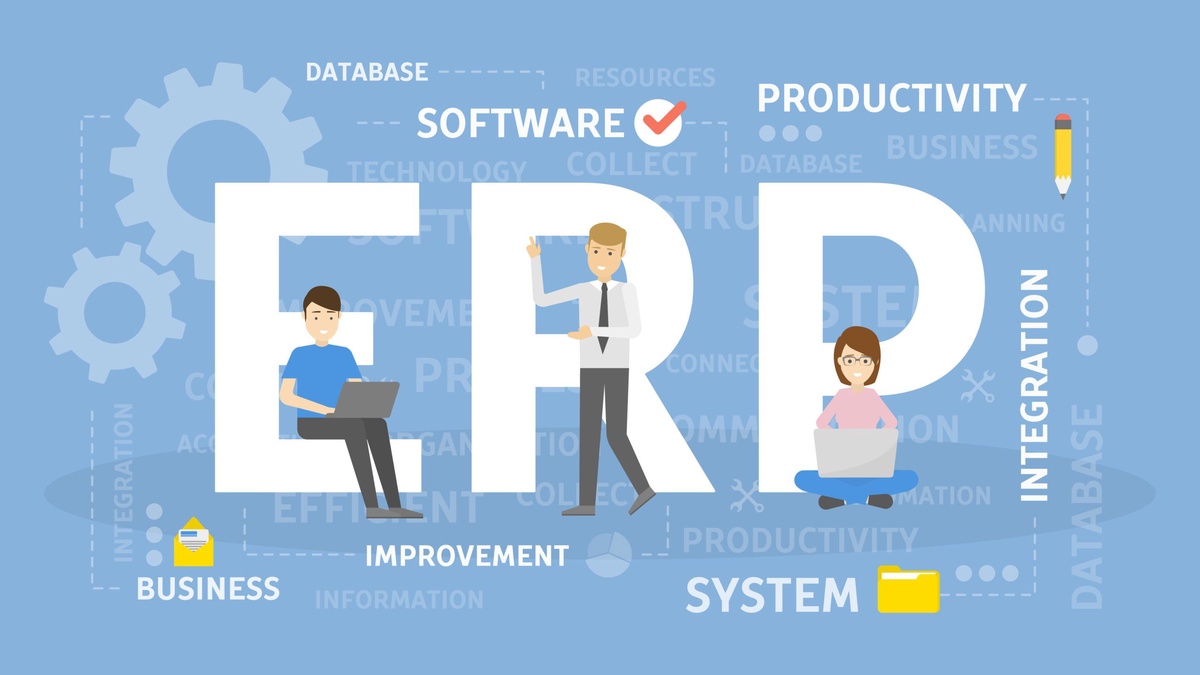In the fast-paced and complex world of modern business, organizations are constantly seeking ways to optimize their operations, streamline processes, and drive efficiency. Enterprise Resource Planning (ERP) software has emerged as a game-changer, offering integrated solutions that enable organizations to manage various aspects of their business, from finance and supply chain to human resources and customer relationship management. In this article, we will explore the benefits of leveraging ERP software, the key features it offers, and how organizations can maximize operational efficiency through its implementation.
-
Centralized Data Management and Real-time Visibility: One of the primary advantages of ERP software is its ability to centralize data from different departments and functions within an organization. With ERP, organizations have a unified and real-time view of their operations, enabling better decision-making and facilitating efficient collaboration across teams. The centralized nature of ERP eliminates data silos, reduces manual data entry, and ensures data consistency. This comprehensive visibility empowers organizations to make informed decisions, improve productivity, and enhance overall operational efficiency.
-
Streamlined and Automated Workflows: ERP software enables organizations to streamline and automate workflows, reducing manual errors, and increasing efficiency. Through process standardization and automation, ERP eliminates redundant tasks, simplifies complex processes, and accelerates operations. For example, ERP automates procurement processes, from requisition to purchase order generation, improving vendor management and optimizing inventory levels. By automating workflows, organizations can minimize delays, improve productivity, and achieve cost savings.
-
Integrated Supply Chain Management: ERP software integrates supply chain management functions, providing end-to-end visibility and control over the entire supply chain process. From procurement and inventory management to production planning and distribution, ERP streamlines the flow of materials, enhances coordination, and reduces lead times. By optimizing supply chain processes, organizations can minimize inventory holding costs, improve order fulfillment, and respond quickly to changing market demands, ultimately increasing customer satisfaction and loyalty.
-
Financial Management and Reporting: ERP software offers robust financial management capabilities, enabling organizations to efficiently manage their financial operations. From general ledger and accounts payable to accounts receivable and cash management, ERP provides accurate and timely financial information. With comprehensive financial reporting and analysis, organizations can track expenses, monitor revenue, and make informed financial decisions. ERP's financial management features promote transparency, compliance, and improved financial performance.
-
Human Resources and Talent Management: ERP software includes modules for human resources and talent management, streamlining HR processes and enhancing workforce productivity. From employee data management and payroll processing to performance evaluation and training, ERP provides a centralized platform for managing HR activities. By automating routine HR tasks and improving data accuracy, ERP frees up HR personnel to focus on strategic initiatives, such as talent acquisition, retention, and development. This integration boosts employee engagement, facilitates efficient HR operations, and supports organizational growth.
-
Enhanced Customer Relationship Management: ERP software often includes customer relationship management (CRM) functionalities or integrates with dedicated CRM software systems. This integration allows organizations to leverage customer data and insights, providing a comprehensive view of customer interactions, preferences, and purchase history. With ERP's CRM capabilities, organizations can personalize customer experiences, enhance customer satisfaction, and nurture long-lasting relationships. Integrated CRM in ERP promotes seamless collaboration between sales, marketing, and customer service teams, enabling organizations to deliver exceptional customer experiences.
Conclusion: ERP software serves as a catalyst for maximizing operational efficiency by offering centralized data management, streamlined workflows, integrated supply chain management, robust financial management, enhanced HR and talent management, and improved customer relationship management. By leveraging the power of ERP, organizations can optimize their operations, drive productivity, reduce costs, and enhance overall business performance. Embracing ERP software as a strategic tool empowers organizations to gain a competitive edge,


No comments yet